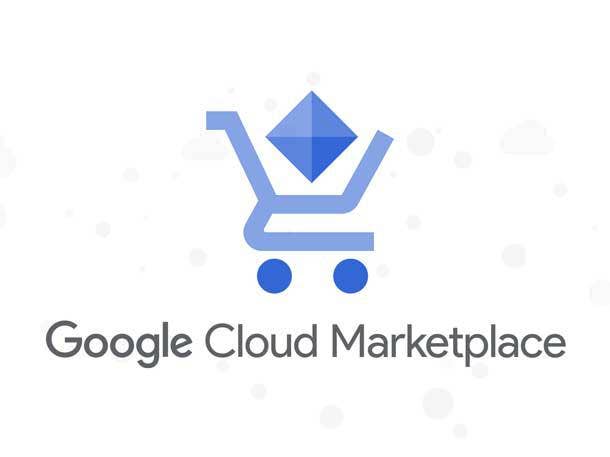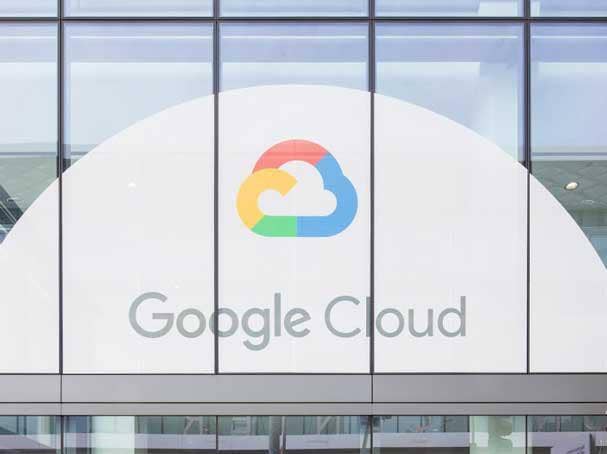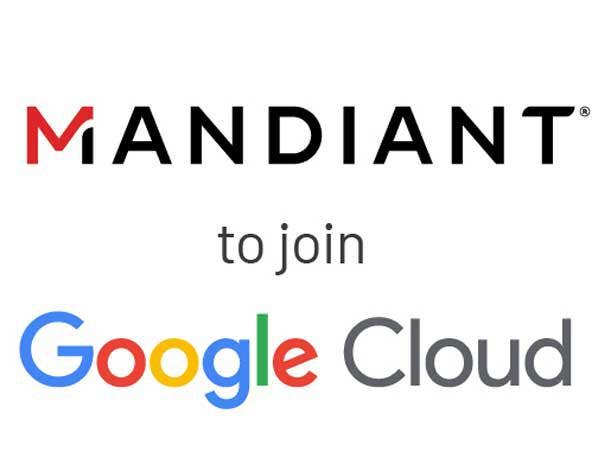5 Ways Google Cloud Differs From AWS, Microsoft: Channel Chief
Google Cloud’s channel chief, Kevin Ichhpurani, provides several reasons why partners should pick Google over the cloud competition.

With Google Cloud’s Partner Advantage program now at 90,000 partners strong, channel leader Kevin Ichhpurani is bullish that his company can steal cloud market share from rivals Amazon Web Services and Microsoft Azure through its differentiated partnering strategy.
“Some of our competitors do not acknowledge multi-cloud,” said Ichhpurani, Google Cloud’s worldwide channel leader. “But if we look at survey data, the vast majority of clients are going multi-cloud.”
Google Cloud launched new partner incentives and programs last week at Google Cloud Next 2022 including a new net logo incentive pushing partners to win over customers from cloud and on-premises rivals.
[Related: Google Cloud Seeing ‘Significant’ VMware ‘Momentum’]
Ichhpurani said the Mountain View, Calif.-based company is leveraging Google partners as the tip of the spear now more than ever before.
“Across all partner types, we’re getting many of the largest companies in the world adopting Google Cloud,” he said.
Google Cloud Momentum
Google Cloud generated $6.3 billion in total sales for its recent second-quarter 2022, up 36 percent year over year. In its first-quarter 2022, the company captured $5.8 billion in revenue, representing a 44 percent sales spike year over year.
Google Cloud’s annual run rate now sits around $24 billion in revenue.
Ichhpurani spent over a decade at SAP from 2004 to 2016 in executive roles, including executive vice president of SAP’s business development global ecosystem. He joined Google in 2017 and is currently corporate vice president of global ecosystem and channels at Google Cloud.
When asked why partners should go with Google Cloud compared with AWS and Microsoft, Ichhpurani provided several reasons.
“The secret sauce is we are the transformation cloud for the industry,” Ichhpurani said. “And that is why partners are flocking to us right now.”

Cloud Commitment Spending
One of the things that’s really unique is we offer the customers to ability to decrement their cloud commit dollar for dollar just like it’s a Google product, which is a really big thing.
So it’s complete openness. And that’s whether they buy a complementary product from us or even a competitive product. This is a big differentiator.
We’re seeing very explosive growth in the [Google Cloud] Marketplace because customers can buy partner solutions and decrement their commits with Google dollar for dollar just like it is a Google product. That’s pretty unique in the industry.
Across all partner types, we’re getting many of the largest companies in the world adopting Google Cloud.
We have 90,000 companies within the Partner Advantage program. If you look at our global systems integrators, we’ve had three and a half times growth in the number of certified consultants over a two-year period.

‘Merchant Of Record’
We are the merchant of record. So when a customer buys with Google as the merchant of record, we see a lot of benefit from the partners.
The feedback partners give us is they’re able to draft off on our preferred vendor status with the customer, as opposed to having to get on-boarded as a new vendor, which can take six to nine months. So that’s also a big, big differentiator.

Some ‘Competitors Do Not Acknowledge Multi-Cloud’
Customers and partners are seeing the value of Google Cloud being on the forefront of embracing multi-cloud.
Some of our competitors do not acknowledge multi-cloud. But if we look at survey data, the vast majority of clients are going multi-cloud.
If you think about Google overall, we’ve always been leaders in open source and not taking proprietary approaches to licensing models.
We have always taken an approach where you can build an application once, you can run it anywhere. You build it on Google Cloud, you can run it on AWS or Azure, on-prem.
If you look at our analytic strategy, we do not require you to move all of the data to Google Cloud.
We will federate the query regardless of where the data sitting—so fundamentally a different approach. And it’s where we all know that the puck is going.
We find that our partners are seeing a lot of value on this.
Whether it is a channel partner or whether an ISV partner—we have to earn their business every day versus leveraging a lock-in strategy.
We’re working with ISVs on how can they help build cloud-native architectures. Because of our DNA with Kubernetes and AI, how do you build a next-generation cloud-native application that’s containerized, it’s microservice-enabled, it leverages intelligence and AI to make the business process fundamentally more intelligent? That’s a big area of focus with us as well is with the ISV community.
That openness and that innovation are big reasons why partners are moving towards us.

‘We Are Not Scaling To Become A Large Service Organization’
The majority of our services we want to be delivered through partners. Our goal is to drive a 100 percent attach rate with the partner.
We are not scaling to become a large service organization.
We are fundamentally a technology company. And that is something that’s very unique for partners.
I tell you, having been in the tech industry for my entire career—this is beautiful. Because not having conflict with partners has been just a breath of fresh air because of our goal of 100 percent attach on every engagement. Also partner-led delivery.
We want partners to take the lead on every engagement.
We do have Partner Success Services. What our partners are asking for is, ‘Hey, we need to make sure these customers are successful. We do want you to augment us to take a razor-thin portion of the engagement and provide safeguarding services to ensure a successful customer go live.’ We’re providing that.

New Google Mandiant Security Opportunities
Mandiant is a huge opportunity. They are the leader of incident response.
Our big investments at Mandiant are going to be in doubling down in the incident response. But what happens after you have an incident?
There’s a lot of services that a customer asked for, such as wanting a partner to come in and assess their security posture and what could be done better. What technologies do they need, like endpoint security, and so forth.
So not only is it an opportunity for Mandiant to bring in technology partners of ours, like in endpoint security, but we see it as a big opportunity for our services partners to come in and deliver a lot of the services in the latter part of the value chain.
For example, doing assessments of a company’s security posture, providing managed SOC [security operations center]—although all of these areas are going to be really big.
So we think this is going to be a huge lead-gen opportunity for the partner community.